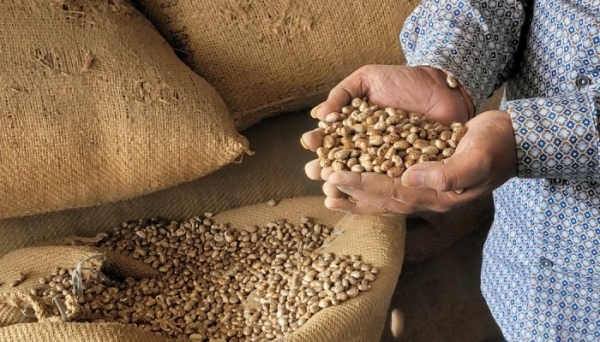
Arkema, BASF SE and Jayant Agro-Organics, the founders of the Pragati project for sustainable castor beans, along with implementation partner Solidaridad, have published the latest results of the world’s first sustainable castor program.
Initiated in May 2016 in Gujarat, India, where the majority of the world’s castor supply originates, the goal of the project has been to enable sustainable castor crop production by:
![]()
Using good agricultural practices to increase yield and farmer income;
![]()
Efficiently using water resources and maintaining soil fertility;
![]()
Driving adoption of good waste management practices;
![]()
Enabling better health and safety practices and respecting human rights.
After six years, the program has allowed to train, audit and certify over 6,200 farmers and over 50,000 tons of certified castor (Ricinus communis) seed have been cultivated. In addition:
![]()
On year 6, lands included in the program have reached a yield 22% higher than the average yield published by the local government for the region.
![]()
Over 6,000 hectares are now being regularly farmed in accordance with the SuCCESS sustainable castor code [1] – more than 19,000 hectares cumulatively; Pragati farmers are increasing their land dedicated to castor farming as it is seen as a profitable crop.
![]()
Approximately 6,300 safety kits and crop protection product boxes have been distributed free of charge.
![]()
Water consumption has been lowered by approximately 30 percent in the demo plots where accurate measurement and control is in place.
![]()
Farmers from more than 80 villages in North Gujarat now participate in the program.
![]()
In 2021, more than 260 individual training sessions were held with farmers. Heavy emphasis is also put on improved personal safety and chemical hygiene (with the use of disposable respirators, safety glasses and gloves, as well as easy-to-understand, picture-based instructions that show where, when and how to use each personal protection item, along with instructions on how to handle chemicals safely).
Considering the successful implementation in the previous years, the Pragati members said they are “further committed” to program.





